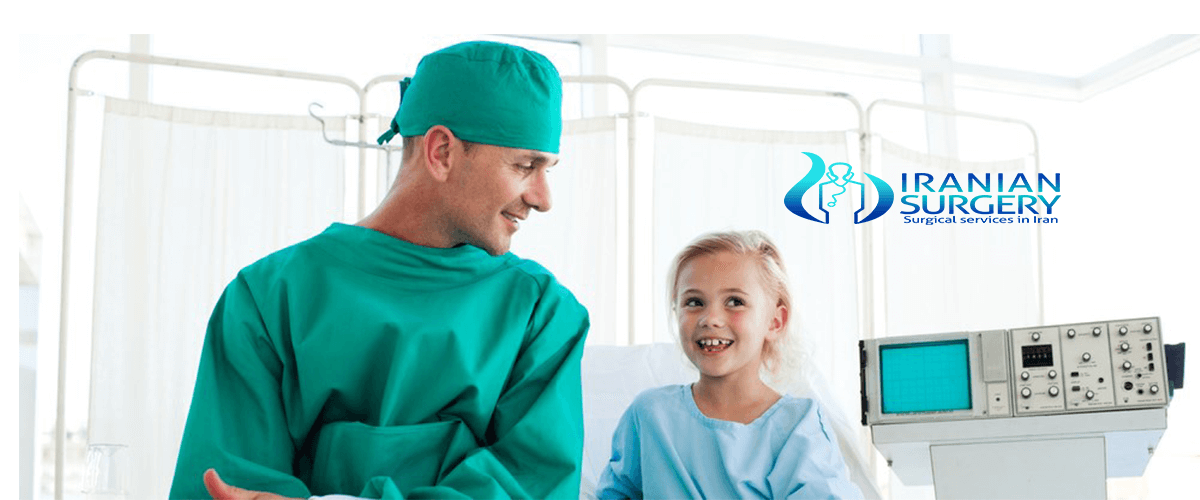Paediatric Surgery

Paediatric Surgery
Modern surgery has developed to such an extent that the body of knowledge and technical skills required have led to surgeons specialising in particular areas, usually an anatomical area of the body or occasionally in a particular technique or type of patient.
There are ten surgical specialties and this briefing covers paediatric surgery.
What do paediatric surgeons do?
Where other specialties are concerned with a particular technique or area of the body, paediatric surgery is the only surgical specialty that is defined by the patient’s age rather than by a specific condition and deals with the diseases, trauma and malformations from the foetal period to teenage years.
These surgeons cope with wide physiological differences between each of the age groups from newborns through to near-adults, as well as specific set of skills and professional attitudes for dealing with children and their families.
The majority of specialised children’s surgery is performed in specific children’s hospitals, or in paediatric surgical units within larger hospitals. There are 29 such centres across the UK, staffed by approximately 338 paediatric surgeons. In these settings, teams of health professionals led by consultant paediatric surgeons provide the necessary services to diagnose, treat and support the rehabilitation of children with various ailments.
The routine workload is very broad as paediatric surgeons deal with all conditions in this age group, but there are some conditions innate to children. Most consultants develop experience and skills across the breadth of surgery, although there is an increasing trend for consultants to develop further specific expertise in areas of special interest.
The principle subspecialties of paediatric surgery
Paediatric surgeons perform surgery for a very wide range of conditions including:
- Neonatal surgery – routine antenatal ultrasound scanning means that patients are getting younger and younger. For some conditions, such as gastroschisis (a birth defect hole in the abdominal wall) and congenital diaphragmatic hernia, paediatric surgeons now provide antenatal counselling for parents in conjunction with obstetricians and specialists in fetal medicine. They plan the care of the mother and child from delivery to subsequent surgery.
- Paediatric urology – certain urological conditions, such as hypospadias, frequently present at birth or in young people.
- Paediatric oncology – childhood cancers are different from those developed by adults. Leukaemia remains the most significant in children.
Main operations
Common elective procedures:
- Herniotomy for congenital inguinal (groin area) hernia and hydrocoele (collection of fluid around the testes)
- Correction of undescended testis
- Circumcision
- Repair of umbilical (belly-button) hernia
Common emergency procedures:
- Appendix removal
- Correction of torsion of the testis
- Pyloromyotomy for pyloric stenosis (correcting the narrowing of the opening between stomach and intestine)
Developments
The British Association of Paediatric Surgeons Congenital Anomalies Surveillance System (BAPS-CASS) is a joint research initiative between BAPS and the National Perinatal Epidemiology Unit (NPEU), designed to study the surgical management of a range of rare congenital anomalies. Currently they are studying gastroschisis and plan to study oesophageal atresia (blind-ended oesophagus) and congenital diaphragmatic hernia in future.

